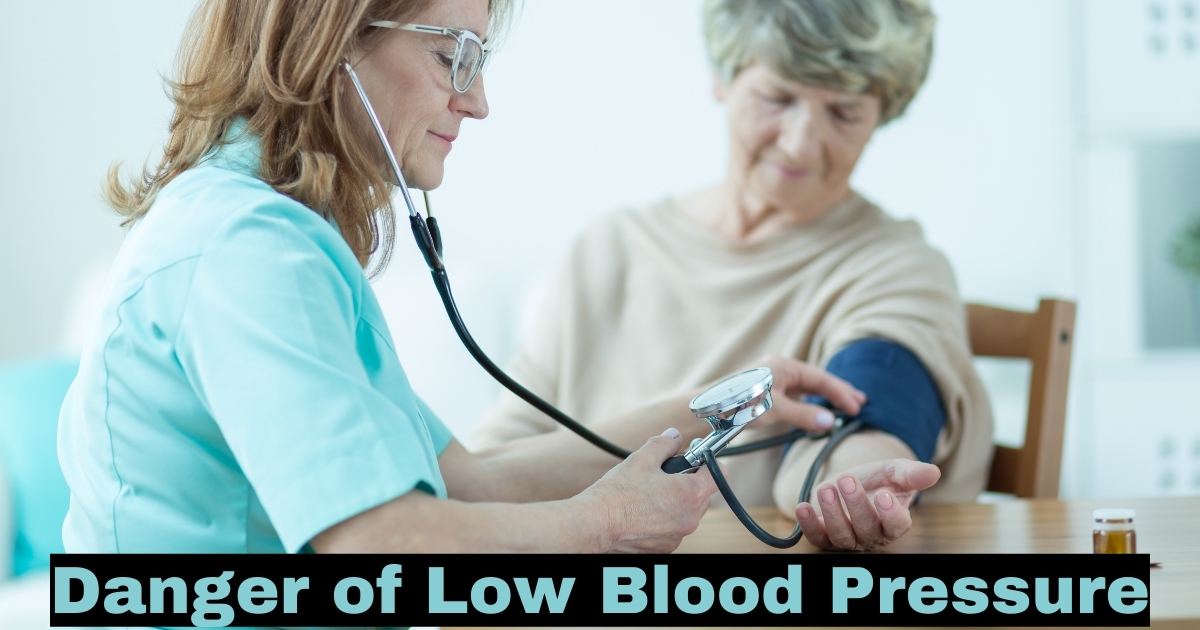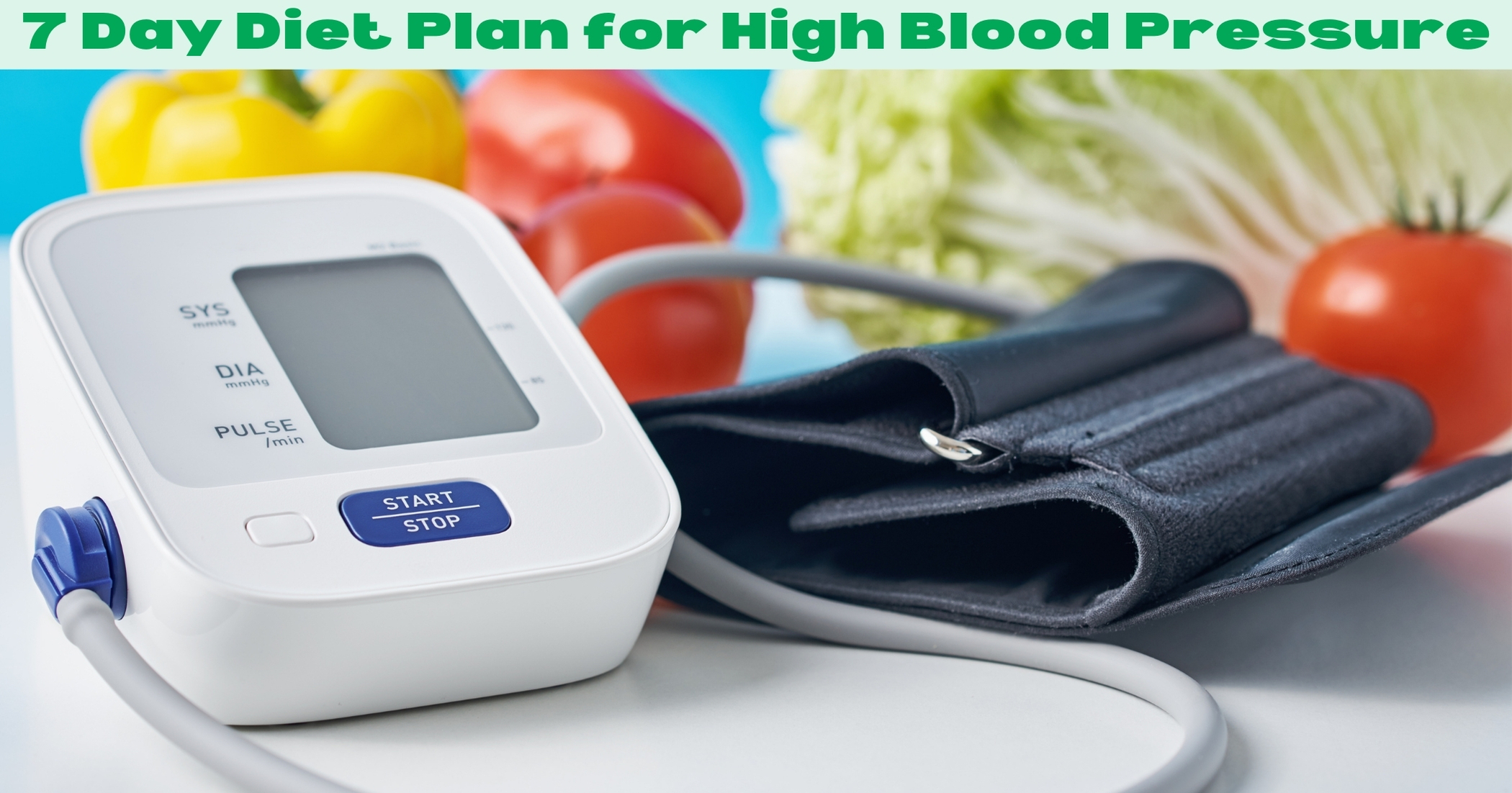Picture this: you wake up to the delicious scent of eggs cooking in the kitchen, promising a fulfilling and nutritious start to your day. Eggs have long been hailed as a breakfast staple, loved for their versatility, affordability, and nutritional value. But in the midst of all the dietary debates, one burning question remains: How many eggs should you eat a day?
Table of Contents
ToggleThe Role of Eggs in a Healthy Diet: Understanding the Basics
Let’s talk eggs! These little wonders are like nutritional powerhouses, packing in all sorts of good stuff your body craves. They’re loaded with protein, which is crucial for muscle repair, immune function, and keeping those hormones in check. Crack open one large egg, and you’ve got around 6 grams of this muscle-building goodness!
But wait, there’s more! Eggs are also chock-full of essential vitamins and minerals like vitamin A, vitamin D, vitamin B12, riboflavin, and selenium. These little guys play vital roles in everything from maintaining healthy vision and bones to keeping your brain firing on all cylinders.
Now, about that cholesterol chatter… Yes, eggs do contain cholesterol, mainly hanging out in the yolk. You might have heard that too much cholesterol is bad news for your heart. But here’s the twist: recent studies suggest that the link between dietary cholesterol and heart health is a bit more complicated than we once thought.

In fact, research indicates that for most healthy adults, moderate egg consumption isn’t likely to send your cholesterol levels skyrocketing. Plus, eggs come packed with goodies like antioxidants and omega-3 fatty acids, which could actually help balance out any potential cholesterol concerns.
So, when it comes to eggs, think of them as your dietary sidekick, supporting your body with essential nutrients and fueling your day ahead. But, of course, like with any good superhero duo, balance is key. As we dive into the egg-cellent debate on how many eggs you should eat a day, it’s crucial to weigh up the latest science, your own taste buds, and your health goals.
By making informed choices and finding your egg-eating sweet spot, you can savor all the nutritional perks eggs have to offer while keeping your health in check. So, get cracking and enjoy those eggs guilt-free!
Deciphering Dietary Guidelines: How Many Eggs Are Recommended?
Alright, let’s dive into the nitty-gritty of dietary guidelines and figure out just how many eggs we’re supposed to be munching on.
Now, when it comes to official recommendations, things can get a tad confusing. But fear not, dear reader, I’m here to break it down for you.
According to the American Heart Association (AHA), they used to give us a hard limit of about 300 milligrams of dietary cholesterol per day. And since one large egg typically packs in around 186 milligrams of cholesterol, that left us with some math to do.
But hold your horses! In their updated guidelines, the AHA seems to have softened their stance a bit. They now suggest focusing more on eating a healthy dietary pattern overall, rather than fixating on specific cholesterol limits. Translation? You can enjoy your eggs without stressing too much about the cholesterol content.
Similarly, the Dietary Guidelines for Americans tell us that there’s no longer a strict cap on dietary cholesterol intake. Instead, they emphasize the importance of healthy eating patterns, like the Mediterranean diet, which includes eggs as part of a balanced meal plan.
So, what’s the verdict? Well, it seems like the days of egg-counting might be behind us. As long as you’re pairing your eggs with plenty of fruits, vegetables, whole grains, lean proteins, and healthy fats, you’re likely in the clear.
But hey, it’s always a good idea to chat with your doctor or a registered dietitian if you’ve got specific health concerns or dietary goals. They can offer personalized guidance tailored to your unique needs.
Health Benefits of Eggs: A Nutrient Powerhouse
Let’s talk about why eggs are often hailed as a nutrient powerhouse. These little oval wonders are packed with all sorts of goodness that can benefit your body in numerous ways.
First off, let’s talk about protein. Eggs are one of the best sources of high-quality protein you can find. Just one large egg contains around 6 grams of protein, which is essential for repairing tissues, building muscles, and keeping you feeling full and satisfied.
But it’s not just about the protein. Eggs are also loaded with essential vitamins and minerals. They’re a great source of vitamin A, which is important for maintaining healthy vision and a strong immune system. Plus, they’re rich in vitamin D, which helps your body absorb calcium and maintain strong bones.
And let’s not forget about choline. This often-overlooked nutrient plays a crucial role in brain development and function. It helps with memory, mood regulation, and even muscle control. And you guessed it – eggs are one of the best sources of choline out there.

But perhaps one of the most surprising benefits of eggs is their potential to improve heart health. I know, I know – you’ve probably heard all about how eggs are bad for your cholesterol. But the truth is, recent research has shown that eggs may not be as bad for your heart as once believed.
In fact, studies have found that moderate egg consumption can actually improve your cholesterol profile by increasing levels of good cholesterol (HDL) and changing the size of bad cholesterol (LDL) particles to a less harmful form. So go ahead and enjoy that omelet – your heart will thank you for it.
Managing Cholesterol: Separating Fact from Fiction
Now, let’s address the elephant in the room – cholesterol. For years, eggs have been vilified for their cholesterol content, with many people fearing that eating eggs could raise their cholesterol levels and increase their risk of heart disease.
But here’s the thing: the relationship between dietary cholesterol and blood cholesterol levels is more complex than we once thought. While it’s true that eggs do contain cholesterol – about 186 milligrams per large egg, to be exact – research has shown that for most people, dietary cholesterol has little effect on blood cholesterol levels.
In fact, several studies have found that eating eggs may actually improve your cholesterol profile by increasing levels of HDL (good cholesterol) and changing the size of LDL (bad cholesterol) particles to a less harmful form.
That being said, if you have high cholesterol or are at risk of heart disease, it’s still a good idea to keep an eye on your egg intake. While moderate egg consumption is generally considered safe for most people, it’s always best to talk to your doctor or a registered dietitian about your individual dietary needs and health goals.
Personal Factors to Consider: Tailoring Egg Consumption
When it comes to figuring out how many eggs you should eat a day, it’s important to consider your own personal factors and preferences. After all, what works for one person may not work for another.
First off, think about your overall diet. Are you getting enough protein from other sources? Do you eat a lot of foods high in cholesterol? If you’re already getting plenty of protein and cholesterol in your diet, you may not need to eat as many eggs.
Next, consider your health goals. Are you trying to lose weight? Build muscle? Manage your cholesterol levels? Your goals can play a big role in how many eggs you should eat a day. For example, if you’re trying to lose weight, you may want to focus on lean protein sources like chicken breast or tofu instead of eggs.
Finally, think about any dietary restrictions or food allergies you may have. If you’re allergic to eggs or follow a vegan diet, obviously eggs won’t be a good choice for you. But if you can eat eggs, they can be a convenient and affordable source of protein and nutrients.
In the end, finding the perfect balance of egg consumption is all about listening to your body, considering your individual needs, and making informed choices. So go ahead and enjoy those eggs – just remember to do so in moderation and as part of a balanced diet.
And remember, when it comes to eggs, it’s not just about the numbers on the scale or the labels on the carton. It’s about savoring the flavor, relishing in the nutrition, and finding that egg-cellent balance that works for you. So crack on, my friend, and enjoy those eggs with gusto!
The Egg Controversy: Debunking Common Myths
Ah, the age-old egg controversy – it seems like everyone has an opinion about whether eggs are good or bad for you. But let’s set the record straight and debunk some of the most common myths surrounding eggs.
Myth #1:
Eggs are bad for your heart because they’re high in cholesterol. While it’s true that eggs do contain cholesterol, research has shown that for most people, dietary cholesterol has little effect on blood cholesterol levels. In fact, eggs may actually improve your cholesterol profile by increasing levels of HDL (good cholesterol) and changing the size of LDL (bad cholesterol) particles to a less harmful form.
Myth #2:
Eating eggs will raise your risk of heart disease. Again, the evidence doesn’t support this claim. Several large-scale studies have failed to find a clear link between egg consumption and heart disease. In fact, eggs are packed with beneficial nutrients like protein, vitamins, and minerals that can actually support heart health when eaten as part of a balanced diet.
Myth #3:
Brown eggs are healthier than white eggs. Nope, sorry – the color of the eggshell has nothing to do with its nutritional value. The color of an eggshell is determined by the breed of the hen and has no bearing on its taste, quality, or nutritional content.
So there you have it – don’t believe everything you hear about eggs! When enjoyed as part of a balanced diet, eggs can be a nutritious and delicious addition to your meals.
Optimal Intake for Different Lifestages and Health Conditions
Now, let’s talk about how your lifestage and health conditions can influence how many eggs you should eat a day.
For children and adolescents, eggs can be a nutritious and convenient source of protein and other essential nutrients. However, it’s essential to monitor their intake and ensure they’re getting a variety of foods to support their growth and development.
During pregnancy and breastfeeding, eggs can be an excellent source of choline, a nutrient crucial for fetal brain development. However, pregnant women should be cautious about consuming raw or undercooked eggs to reduce the risk of foodborne illness.
For older adults, eggs can be a valuable source of protein and other nutrients that support muscle strength and overall health. However, it’s essential to consider individual dietary needs and any underlying health conditions, such as cholesterol or sodium concerns.
For those with specific health conditions, such as diabetes or heart disease, it’s crucial to work with a healthcare professional or registered dietitian to determine the optimal egg intake based on individual needs and dietary restrictions.
In summary, while eggs can be a nutritious part of a healthy diet for people of all ages and health conditions, it’s essential to consider individual factors and consult with a healthcare professional for personalized guidance.
Quality Over Quantity: Emphasizing Nutrient Density
When it comes to egg consumption, it’s not just about how many eggs you eat – it’s also about the quality of those eggs and the overall nutrient density of your diet.
Nutrient density refers to the amount of essential nutrients a food provides relative to its calorie content. In other words, foods that are nutrient-dense pack a lot of nutrition into each bite, without a lot of extra calories.
When choosing eggs, opt for pasture-raised or organic varieties whenever possible. These eggs tend to be higher in omega-3 fatty acids, vitamin D, and other beneficial nutrients compared to conventionally raised eggs.
Additionally, focus on pairing your eggs with nutrient-rich foods like vegetables, whole grains, and healthy fats to create a balanced and satisfying meal. This way, you’ll not only enjoy the nutritional benefits of eggs but also maximize the overall nutrient density of your diet.
Remember, it’s not just about eating more – it’s about eating smarter and making choices that nourish your body from the inside out.
Practical Tips for Incorporating Eggs Into Your Daily Routine
Looking for some egg-spiration to jazz up your daily meals? Here are some practical tips for incorporating eggs into your routine:
Breakfast Boost:
Start your day off right with a nutritious breakfast featuring eggs. Whip up a veggie-packed omelet, scramble eggs with spinach and feta, or make a batch of hard-boiled eggs for grab-and-go mornings.
Lunchtime Delight:
Add some protein to your midday meal by topping salads with sliced hard-boiled eggs, stuffing eggs into wraps or sandwiches, or tossing eggs into stir-fries or grain bowls for an extra punch of flavor and nutrition.
Snack Attack:
Need a quick and satisfying snack? Reach for a hard-boiled egg, pair it with some sliced veggies or whole-grain crackers for a balanced bite that will keep you fueled and focused until your next meal.
Dinnertime Dynamo:
Eggs aren’t just for breakfast – they can shine at dinnertime too! Whip up a frittata or quiche loaded with your favorite veggies and cheese, or try adding poached eggs to soups or pasta dishes for a creamy and indulgent touch.
Dessert Delight:
Believe it or not, eggs can even make an appearance in your desserts! Use egg whites to make fluffy meringues or angel food cake, or whip up a batch of creamy custard or rich ice cream for a sweet treat that’s both delicious and nutritious.
With these practical tips, you’ll be well on your way to enjoying eggs in a variety of delicious and nutritious ways. So go ahead, get cracking, and let your culinary creativity soar!
Seeking Professional Guidance: Consulting a Dietitian or Nutritionist

Last but not least, if you’re still feeling unsure about how many eggs you should eat a day or how to incorporate them into your diet, don’t hesitate to seek out professional guidance.
A registered dietitian or nutritionist can offer personalized recommendations based on your individual health goals, dietary preferences, and any underlying health conditions. They can help you navigate the latest nutrition research, address any concerns or misconceptions you may have about eggs, and develop a meal plan that meets your nutritional needs.
Additionally, if you have specific health concerns, such as high cholesterol or diabetes, a dietitian can work with you to develop a dietary strategy that supports your overall health while still allowing you to enjoy eggs in moderation.
Remember, when it comes to your health and nutrition, it’s essential to have the support and guidance of qualified professionals who can help you make informed choices and achieve your wellness goals. So don’t be afraid to reach out and get the expert advice you need to thrive.









